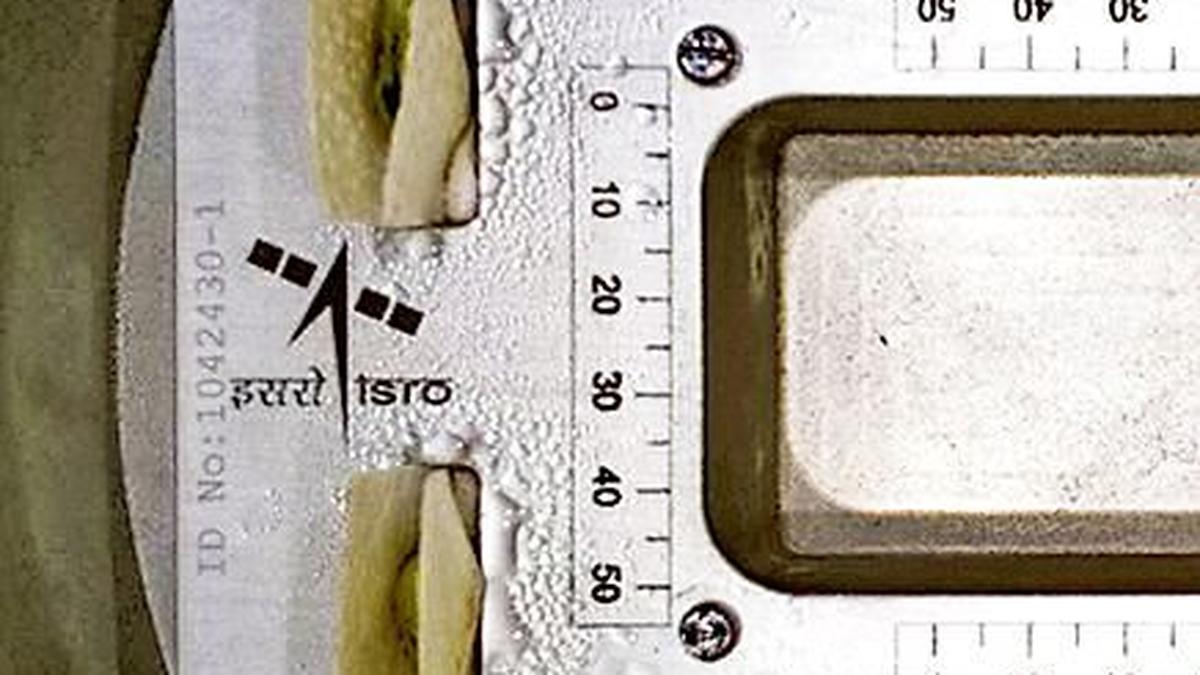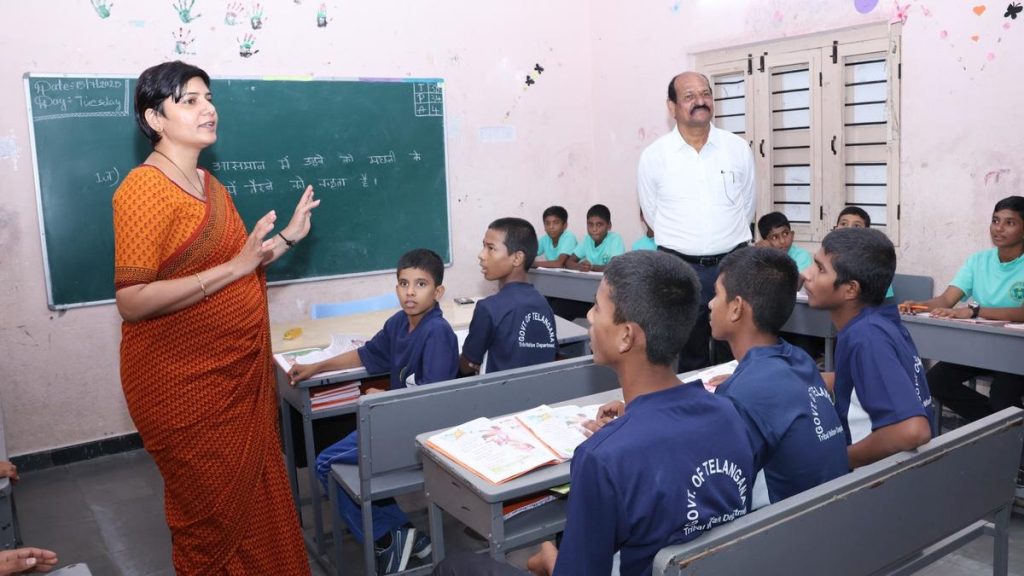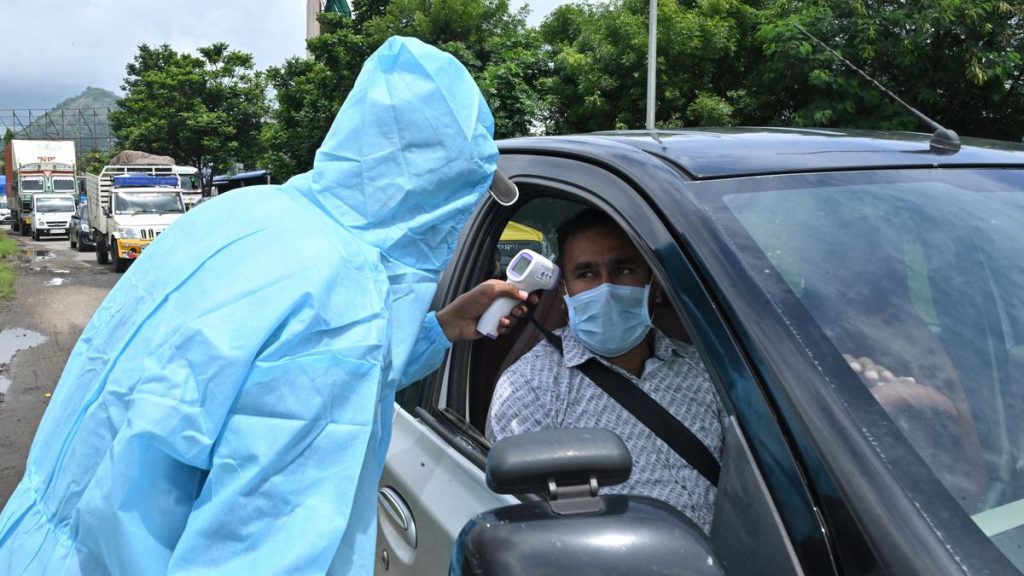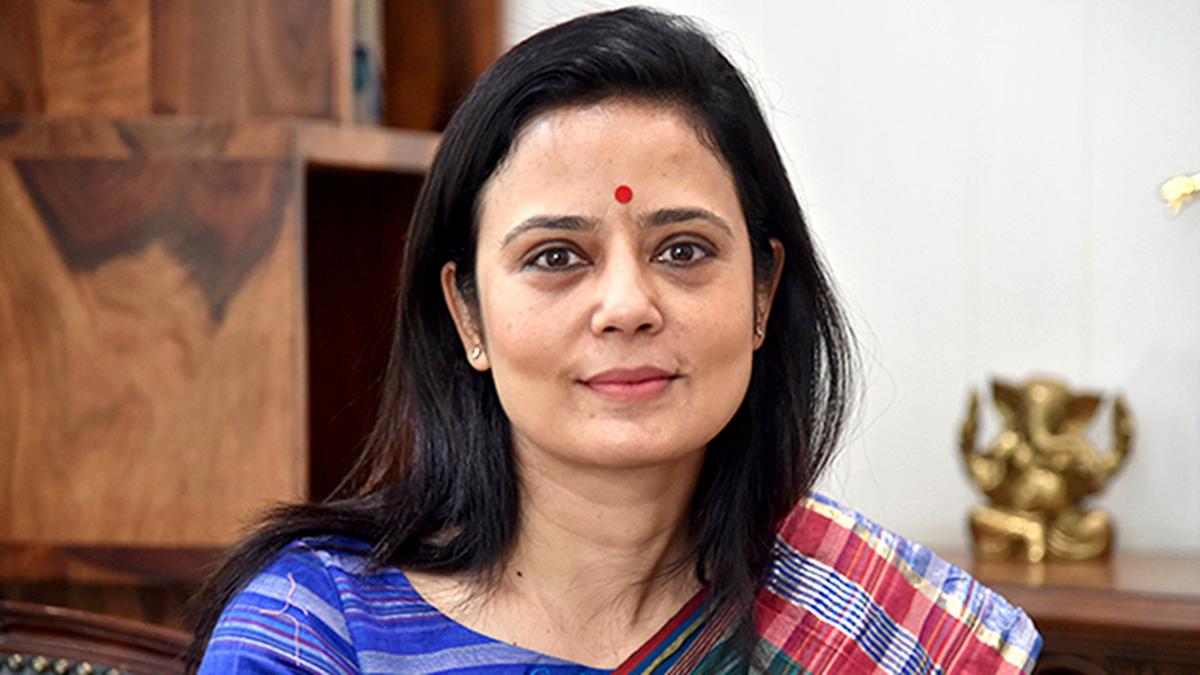Now Reading: IIST Researchers Prepare to Study Space-Travelled Seeds
-
01
IIST Researchers Prepare to Study Space-Travelled Seeds
IIST Researchers Prepare to Study Space-Travelled Seeds

Quick Summary
- Seeds of two rice varieties (Jyothi and Uma), horse gram (Kanakamani), tomato (Vellayani Vijay), sesame (Thilakathara), and brinjal/eggplant (Soorya) were sent to the International Space Station (ISS) under the “Crop Seeds on ISS” project.
- The initiative, led by IIST’s Space Biology Lab, exposed the seeds to microgravity conditions at the ISS.
- Post-flight field studies will assess how microgravity impacts growth and yield parameters of these seeds.
- This research is a collaborative effort between Indian Institute of Space Science and Technology (IIST) and Kerala Agricultural University (KAU).
- Comparative studies will be conducted using three sets of samples grown under diffrent conditions.
- The project stems from multiple Memorandums of Understanding involving ISRO, European Space Agency, ISRO’s Human Spaceflight Center, IIST, and KAU.
- Key figures involved include Professor K.G. Sreejalakshmi as principal Investigator; Vice-Chancellor Dipankar Banerjee; HSFC Director D.K. Singh.
Indian Opinion Analysis
The “Crop Seeds on ISS” project marks India’s growing focus on space biology-a frontier that merges agriculture with space exploration. by testing how seeds respond to microgravity at the ISS, it offers insights into improving crop resilience for terrestrial challenges such as climate change or developing food technologies for extraterrestrial habitats.
Collaboration between major institutions like ISRO and Kerala Agricultural University demonstrates India’s cohesive approach toward multidisciplinary innovation in science. Practical implications could span advancements in seed genetics or expanded possibilities for enduring farming practices under adverse conditions.
This initiative contributes not only to scientific understanding but also highlights India’s integration within cutting-edge global aerospace research networks through partnerships with entities like the European Space agency.
Read more: Seeds sent to ISS for study
























